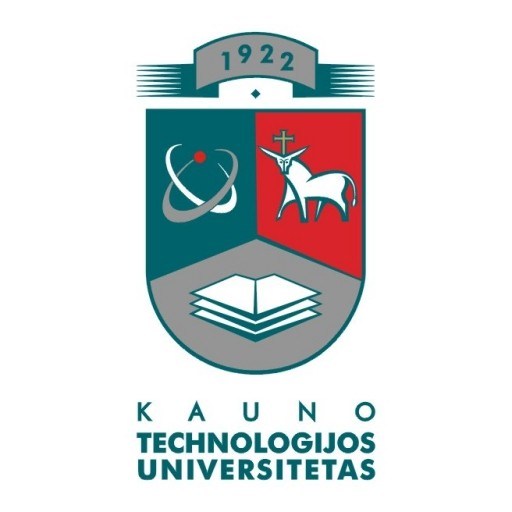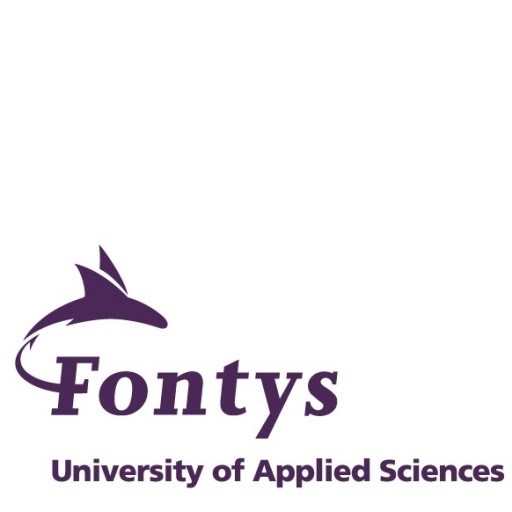The Master of International Public Health and Health Management at UNSW Sydney is a comprehensive postgraduate degree designed to equip students with the knowledge and skills necessary to address complex global health challenges. This program offers a multidisciplinary approach, integrating principles from public health, health policy, health systems management, epidemiology, and social sciences to prepare graduates for leadership roles in various health-related sectors worldwide. Students will engage with contemporary issues such as infectious diseases, health inequities, healthcare financing, and health promotion, gaining a deep understanding of the determinants of health and strategies for effective intervention. The curriculum emphasizes practical skills, including data analysis, policy development, program planning, and stakeholder engagement, ensuring graduates are well-prepared to improve health outcomes in diverse settings. The program combines rigorous academic coursework with real-world experiences through internships, research projects, and collaborations with health organizations, fostering professional growth and network development. With access to UNSW’s cutting-edge research facilities and expert faculty members, students will stay abreast of the latest advancements and best practices in public health and health management. Graduates of this program are equipped to pursue careers in government agencies, international health organizations, non-governmental organizations, healthcare providers, and academic institutions. They will be capable of designing and implementing effective health programs, influencing health policy, and conducting impactful research to promote global health equity. The program is suitable for recent graduates as well as health professionals seeking to deepen their expertise and advance their careers in the dynamic and ever-evolving field of international public health and health management.
The Master of International Public Health and Health Management at UNSW Sydney is a comprehensive program designed to prepare students for leadership roles in the global health sector. This interdisciplinary course explores the complex challenges faced by health systems worldwide, including disease prevention, health promotion, health policy, and management of health services. Students will gain a deep understanding of the social, economic, and political determinants of health, as well as the skills necessary to develop effective health interventions and policies in diverse settings. The program covers a broad range of topics such as epidemiology, biostatistics, health economics, healthcare management, global health strategies, and ethical considerations in public health practice. Emphasizing practical experience, the curriculum includes case studies, research projects, and opportunities for fieldwork, enabling students to apply theoretical knowledge to real-world problems. graduates will be equipped to work in governmental and non-governmental organizations, international agencies, healthcare institutions, and policy development bodies. With a focus on leadership, advocacy, and evidence-based decision-making, the program prepares students to address pressing health challenges at local, national, and international levels. The program also fosters a strong global perspective, encouraging collaboration across disciplines and cultures to improve health outcomes worldwide. By completing this master's degree, students will develop a versatile skill set that combines public health expertise with health management capabilities, making them valuable contributors to the advancement of global health and the achievement of sustainable health development goals.
- Applicants need to have : An undergraduate degree in an area applicable to public health or health management (see list below)* and just two years full-time professional or volunteer experience. This might also include equivalent professional experience acquired as part of a level of more years interval (e.g. MBBS, MD)
- OR An undergraduate degree plus an honours or postgraduate level in a field applicable to public health or health management (see list below)*
- [*Examples include, but are not restricted to, medicine, nursing, allied health, health sciences, biomedical sciences, dentistry, social work, sociology, behavioural and social sciences, social work, psychology, marketing, individual servicesand emergency services, environmental health, health care science, health administration, business, managementand engineering, law, science, math and statistics, economics, and policy studies and development studies.]
- Software will be assessed in accordance with the UNSW Recognition of Prior Learning Policy and Procedure.
Want to improve your English level for admission?
Prepare for the program requirements with English Online by the British Council.
- ✔️ Flexible study schedule
- ✔️ Experienced teachers
- ✔️ Certificate upon completion
📘 Recommended for students with an IELTS level of 6.0 or below.
The financing of the Bachelor of International Public Health and Health Management program at UNSW Sydney is primarily managed through a combination of government funding, student contributions, and external financial aid options. As an Australian university, UNSW benefits from the country's funding schemes, including government subsidies and scholarships designed to support domestic and international students. Domestic students enrolled in the program are eligible for government-funded loan schemes such as HECS-HELP, which enables tuition fee deferral until the student’s income reaches a certain threshold. This significantly reduces upfront costs and makes higher education more accessible for Australian citizens and permanent residents.
International students, on the other hand, are required to pay full tuition fees upfront or arrange private financing. UNSW offers various scholarships and financial aid options specifically tailored for international students. These scholarships may cover partial or full tuition fees and are merit-based or need-based, aimed at supporting talented students from around the world. Some of these scholarships are renewable annually, provided certain academic standards are maintained.
In addition to scholarships, UNSW provides financial assistance programs such as bursaries, grants, and emergency loans to support students facing financial hardship during their studies. The university also offers career development support to help students gain part-time employment opportunities, which can assist in offsetting education expenses.
Furthermore, students enrolled in the program can explore external funding opportunities, including private foundations, government grants, and international organizations interested in global health initiatives. Many students also choose to augment their studies with part-time work or internships, gaining practical experience while generating income.
Tuition fees for the program vary depending on the student’s residency status, with domestic students paying significantly lower fees compared to international students. Scholarships and financial aid options are competitive, and students are encouraged to apply early to maximize their chances of receiving assistance. Overall, the financial framework for this program is designed to maximize accessibility and support students throughout their educational journey, ensuring that financial constraints do not hinder the pursuit of a career in public health and health management.
The Master of International Public Health and Health Management at UNSW Sydney is designed to prepare students for leadership roles in the health sector, both locally and globally. This interdisciplinary program combines core aspects of public health, health policy, health management, and international health to equip graduates with a comprehensive understanding of the complex factors shaping health outcomes worldwide. The curriculum emphasizes practical skills in health program planning, policy development, health economics, and research methodologies, enabling students to design, implement, and evaluate effective health interventions. Courses often cover topics such as epidemiology, health promotion, health systems, and global health governance, providing a broad perspective on health challenges faced by different populations.
Students will have opportunities to engage in collaborative projects, internships, and research activities with health agencies, non-governmental organizations, and international health bodies. The program also emphasizes the development of leadership skills, cultural competence, and ethical considerations in health management. Graduates are prepared for roles in health policy analysis, program management, health consultancy, and international health organizations. The degree incorporates both theoretical knowledge and practical experience to ensure graduates can address current health issues with innovative solutions.
The program may be delivered full-time or part-time, offering flexibility for working professionals. It is suitable for students with backgrounds in health sciences, social sciences, or related fields who want to deepen their understanding of international health systems and management principles. By undertaking this program, students will gain a global perspective on health challenges and be equipped with the skills necessary to contribute effectively to improving health outcomes worldwide.









